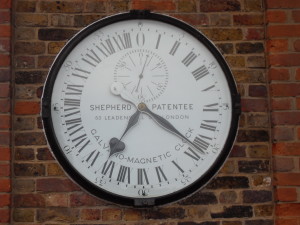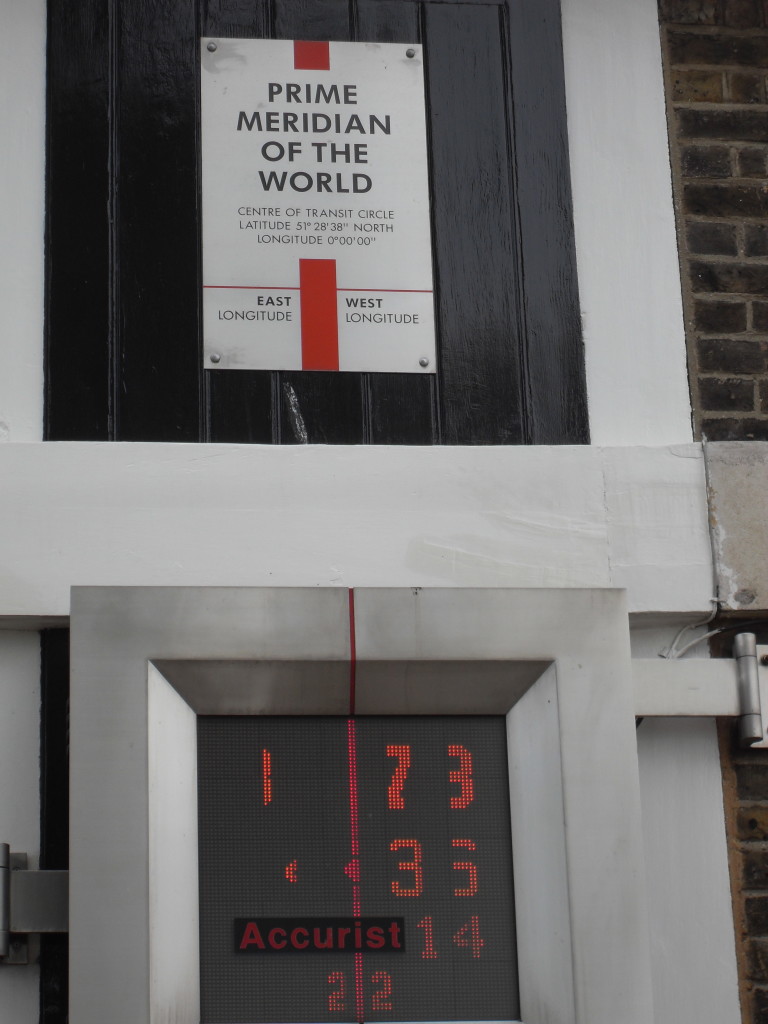 Suppose a stranger comes to your home for dinner, comes with an acquaintance that you’ve invited alongside other few guests, and they sit at your dinner table, drink wine, eat, engage in big and small talk, and at some point this stranger responds to a bathroom call, and after something like 30 minutes, the friend who came with this stranger goes upstairs to check what might be happening, finds the bathroom door open but the stranger is now in one of the rooms upstairs, looking at, shall we say, a row of books in a shelf? This other guest goes back downstairs and gets himself another glass of wine, settles comfortably in the ongoing conversation. Meanwhile, the stranger upstairs locks the door and relaxes in the room. Finally, when it’s time for everyone to leave, the guests gather their coats, jackets, bags, thank the host for a wonderful dinner and leave. The guest who came with the stranger imagines that the stranger has already left without saying goodbye, how strange, rude even, but not implausible.
Suppose a stranger comes to your home for dinner, comes with an acquaintance that you’ve invited alongside other few guests, and they sit at your dinner table, drink wine, eat, engage in big and small talk, and at some point this stranger responds to a bathroom call, and after something like 30 minutes, the friend who came with this stranger goes upstairs to check what might be happening, finds the bathroom door open but the stranger is now in one of the rooms upstairs, looking at, shall we say, a row of books in a shelf? This other guest goes back downstairs and gets himself another glass of wine, settles comfortably in the ongoing conversation. Meanwhile, the stranger upstairs locks the door and relaxes in the room. Finally, when it’s time for everyone to leave, the guests gather their coats, jackets, bags, thank the host for a wonderful dinner and leave. The guest who came with the stranger imagines that the stranger has already left without saying goodbye, how strange, rude even, but not implausible.
Such is the story in There But For The. The stranger doesn’t leave the room for days, months, and the family is at a loss what to do. They go through the strangers phone–he left everything downstairs–and calls the numbers in the phone book to come help get the stranger out of their home. No one succeeds in getting this man–Miles–out. In fact, no one knows much about him except that he’s a vegetarian. He loves theater. What else? He might be gay. No, he’s not. His friend is gay. Maybe? Soon, people start gathering outside the window, with cameras, food, and all kinds of messages. Miles opens the window slightly to push out the empty plates and receive the incoming.
I gather that the main point is: Miles has created his own liminal space in someone else’s home, and the couple that owns the home is at a loss what to do, how to be in their own home. How to go on living as though everything is still the same? And how could they ever host another dinner? For years they’ve enjoyed having friends come over, even extending the invitation to those they do not know very well, out of the goodness of their hearts, civility and neighborliness, now look what’s happened!
The story is also an experimentation that follows the playfulness of its structure. The first section is simply, “There.” It teases out the question: Who is there? What does it mean to be there? Where is there? And so on. It could also be a beginning of something like, “There was once a…” The possibility of there is endless. Limitlessly liminal. It is also commonplace, loaded with surprise, amazement, evidence-driven. “There I was.” Incomplete and complete at the same time. There, which is not here, but also mysteriously here and elsewhere.
Then we have the section titled, “But” challenging and questioning everything in “There,” complicating and contradicting the story and other stories inside it. Consider this sentence that comes right after But. “would a man in shutting himself in/be asking things to stop or to begin?… Would he be testing whether he’d be missed?” These questions beget more questions. Who would be missing him, where? What could he be wishing to stop or to begin? Endless questions that promise to take us deeper into the mysteries of trying to understand something like Miles’ life. What becomes of time in such circumstances? Ali Smith takes us through a tunnel–literally–and on to Greenwich, home of time. “Here was all about visible-invisible borders, the thin lines between here and gone, then and now, here and there, random and meant, big and small. Infinite riches, little room. Here all the clockmakers in history had been confounded, until one of them finally clocked it–ha!–and found that the solution to keeping time when you were at sea lay in the very smallness of things, that a tiny watch mechanism was better than a thirteen-foot-high pendulum in the middle of the ocean any day.” This, to me, is one of the most meaningful passages. What better way to explore liminality than through time? To be Miles in a room just like we’re all still strangers in the home of time. Time controls and manages everything, cycles everything, us included, and yet we think we are in charge.

Time in Roman Numerals. I took this picture in 2008 when I visited the home of time. Charles Shepherd, a pioneer of the electrical distribution of time supplied this clock to Greenwich in 1852, where it has remained since at the entrance to the observatory.
The history of time meets the present and history of language and linguistics for in “But” we have a conjunction which by nature connects/combines things together that may be in space and time, sentences, clauses and words. In short, it generates more unto itself, as it explains and therefore expands. On the other hand, conjunction brings us the alignment of two planets or other celestial objects. Following conjunction might take us also to “conjunctiva–the front of the eye, covering the external surface of the cornea and the inner side of the eyelid.” Or we may choose to return to But and proceed with what it is as a preposition, explore the relations arriving from there. No one meaning is truer over the other but all these mean. And compound. Such is the play, discovery, fun, and seriousness all at once. What would it really be like to have a stranger move in with us? Would we panic, call the police, break the door and march in, or let things be?
For all the possibilities out there, all the what if, all the miles we are yet to cross in time and space, big or small, all the transformations happening accidentally or hoped for, the name is also important. It so happens that the room in which Miles has locked himself has an exercise bike. Miles has done so many miles on this bike. Although he hasn’t left the room, he has moved, has been moving, and will keep at it. Delightful. Or is it annoying to be a name and thing at the same time? To play hard within language. The fact is, it all depends. Intention would be helpful but how do we even know what’s being intended? We’ll turn back to language, of course, which so far invites us to play and imagine and hopefully transcend. This is one of the reasons I like Ali Smith’ works. Also, the way she explores through her characters the chances of becoming. Miles becomes a celebrity sought after by the press and everyone who gets wind of his story. London, all of a sudden, becomes hungry for such human encounters. Miles even becomes representative of all the endangered children. His act, one of bravery and hope. Who’d have imagined it that way? All of a sudden life is interesting. There is something worth talking about. Autographs. Hmm. Funny thing is that Miles remains unseen throughout. He’s set things in motion and doesn’t have to be anywhere at all. Not even in the room where he first locked himself. Fascinating. In time and space, he could be anywhere. You reading this could be anywhere and it doesn’t really matter where. To be there is what matters, to exist.





No comments yet.